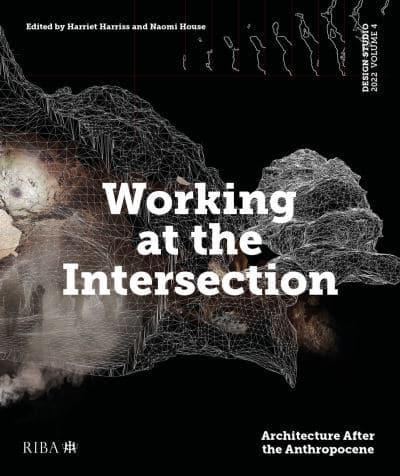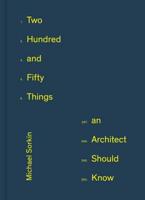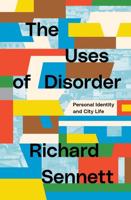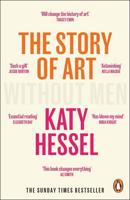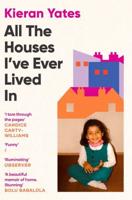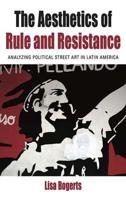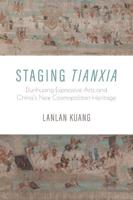Publisher's Synopsis
Without environmental justice, there can be no social justice.
The critical symptoms of human suffering, climate collapse and animal maltreatment are now global and far-reaching. Despite their interdependence, the treatment of these afflictions remains disconnected. What follows is policy and design decisions that fail to tackle the problems collectively.
Exposing the narrow perspectives that dominate architectural discourse and practice, this volume sets the table for inclusive architectural engagement during a time circumscribed by pandemic, climate change and inequality.
An respected group of international voices amplifies interactions relating to sexism, racism, classism, homophobia, transphobia and environmental catastrophe, exploring how they are inextricably linked.
Without acknowledging the interconnectedness of these injustices, we will not find effective ways to halt the deepening crisis. Or be able to experience an architecture that addresses the effects of the human-centred Anthropocene age.
Readers are invited to imagine, rage, rail, protest, contest, channel, dream and envision from a position of humility, equity, and in some instances, experiential fury.
The future of architecture is contingent on working at the intersection.
Features: Marcos Cruz, Casper Laing Ebbensgaard, Antón Garcìa-Abril, Alexandra Daisy Ginsburg, Ariane Lourie Harrison, Kerry Holden, Walter Hood, Joyce Hwang, Kabage Karanja, V. Mitch McEwen, Débora Mesa, Timothy Morton, Stella Mutegi, Brenda Parker, Carolyn Steel, McKenzie Wark, Kathryn Yusoff and Joanna Zylinska.
